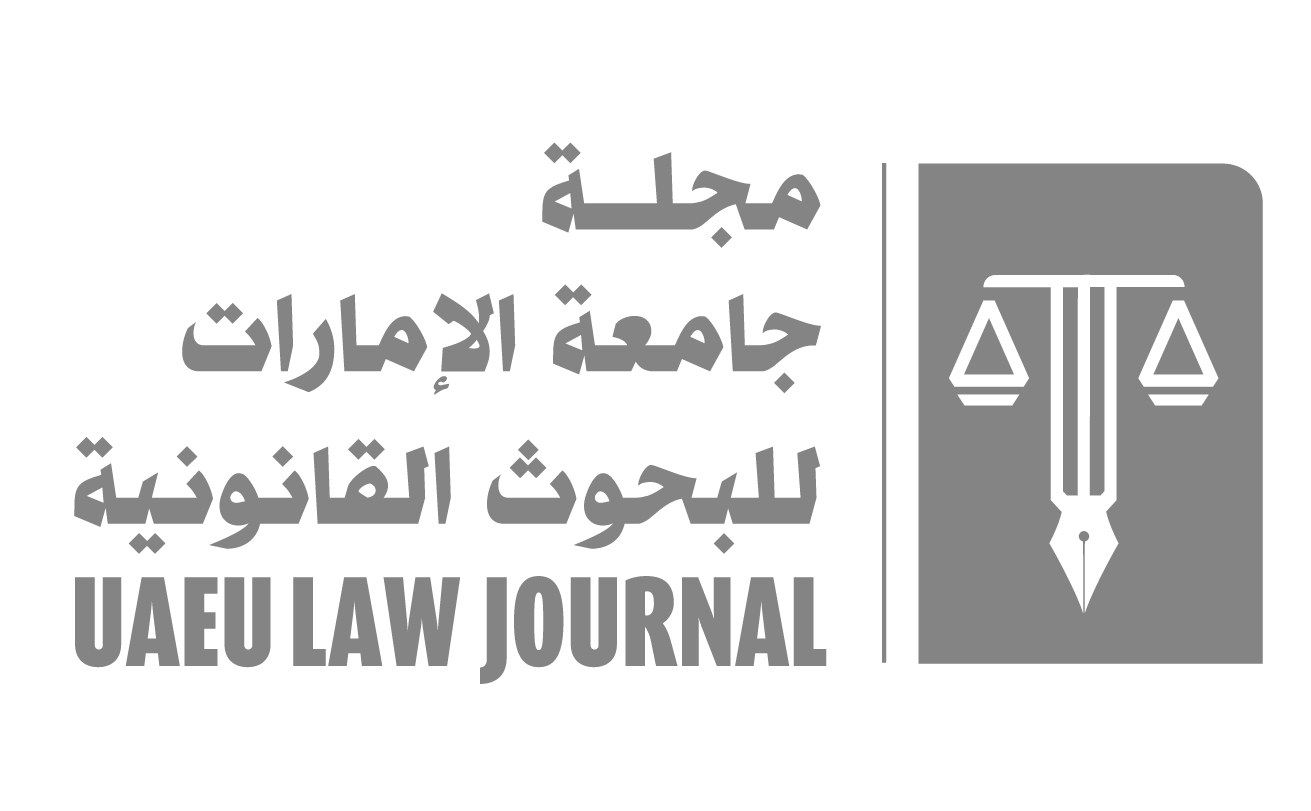
Article Title
Penal order A comparative study
Abstract
Criminal courts suffer from the problem of accumulating cases and slow litigation procedures, and among the most important factors leading to this is the large number of people committing minor crimes that fall within the scope of misdemeanors and offenses. Alternatives penal order. Most of the legislations make the issuance of a criminal order in the hands of the summary judge at the request of the public prosecution. However, other legislations make issuing a criminal order the responsibility of the public prosecution instead of the judge, and this represents an addition to alternatives to a criminal case, and an improvement of the penal order system to terminate it, in the shortest time frame, and this would lead to the courts reducing the accumulation of cases, and shortening the time, Effort and expense.
The Emirati legislator adopts a procedural policy based on raising the efficiency of judicial work and speeding up its procedures to reduce the burden on the courts and save effort and expenses. To this end, in 2015 the one-day court initiative was launched, and it was supplemented by the penal order laws in the Emirate of Dubai and Ras Al Khaimah, then the legislator introduced new texts that were introduced. Federal Criminal Procedures Law, including the provisions contained in the criminal order in Law No. 17 of 2018 in Articles (332-345), by which it grants the Public Prosecution the authority to issue a criminal order.
The research discusses important issues related to the content and scope of the criminal order, the extent of the legality of its issuance by the Public Prosecution, whether this is consistent with the principle of “no punishment without a judicial ruling issued by a competent court”, and other issues related to its role in ending the criminal case with the shortest necessary frameworks. It depends on the analytical and comparative approach, by analyzing the texts regulating the penal order in the UAE law in comparison with the Egyptian and Yemeni laws, which also grant the Public Prosecution the authority to issue a criminal order.
It was divided into two sections, the first was devoted to the essence of the penal order, and the second, to the legal provisions regulating the penal order, and the study ended with a conclusion to the findings of the researcher, and the recommendations that he considered to be taken.
Recommended Citation
Dahmash, Dr. Ameen
(2021)
"Penal order A comparative study,"
مجلة جامعة الإمارات للبحوث القانونية UAEU LAW JOURNAL: Vol. 86:
No.
86, Article 5.
Available at:
https://digitalcommons.aaru.edu.jo/sharia_and_law/vol86/iss86/5

